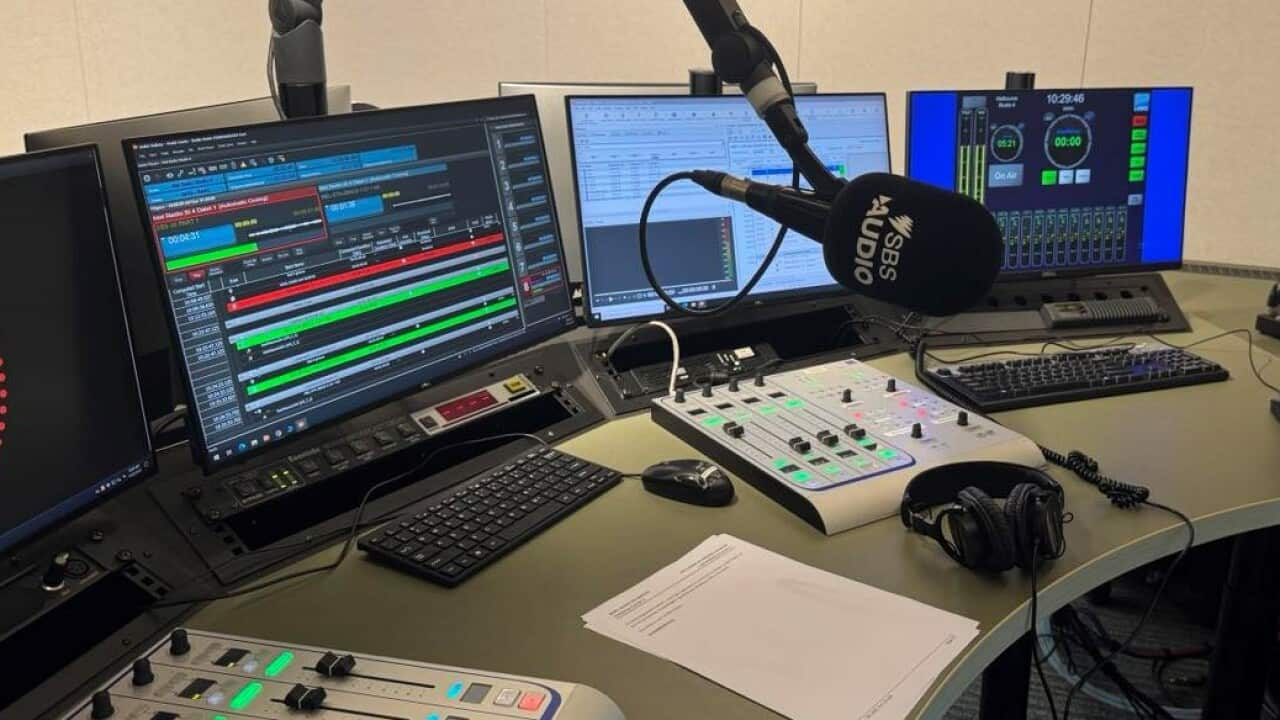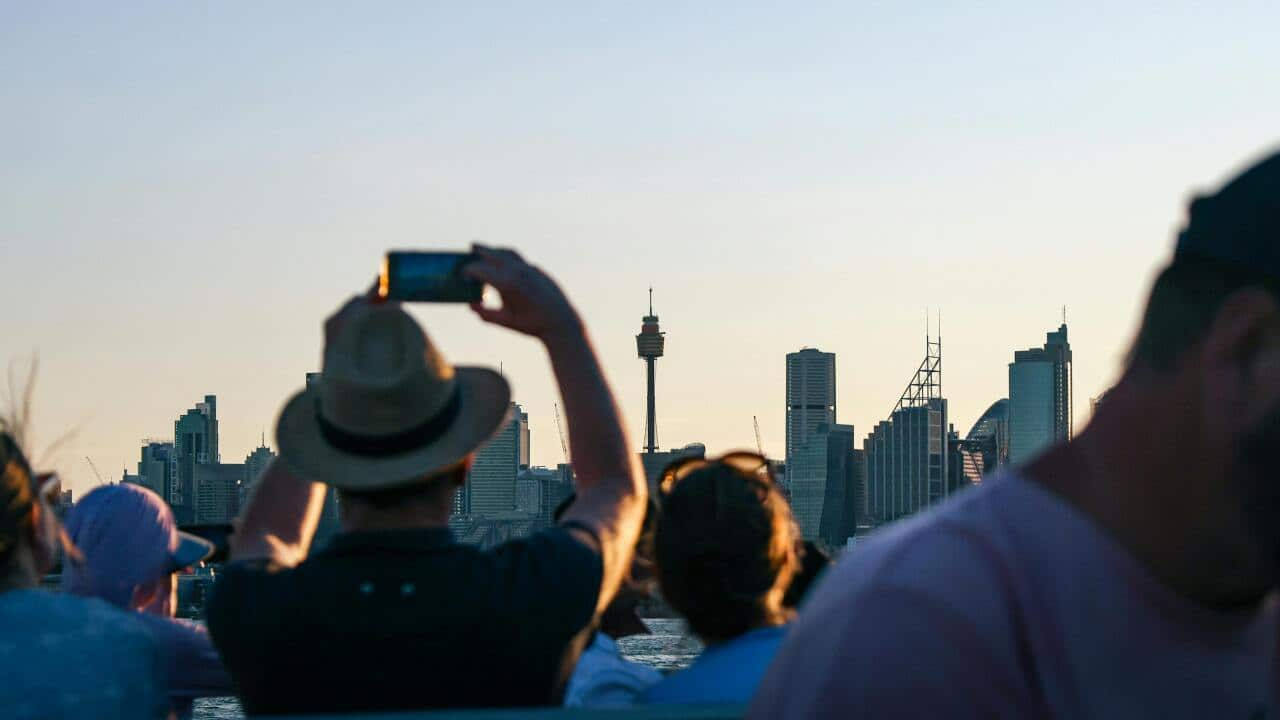Highlights
- Melbourne GP Stacey Harris says before COVID she would see a handful of patients seeking help for mental ill-health each week, now she says it’s almost every appointment.
- Bureau of Statistics figures show one in five Australians are reporting high or very high levels of psychological distress linked to the pandemic, 20 per cent. In Victoria, the figure is even higher, with 27 per cent of the population struggling to cope.
- UNSW, in collaboration with the World Health Organisation, has created a new mental health treatment program consisting of group video-conferencing sessions with a clinical psychologist, covering skills to manage stress and worries resulting from the pandemic. The approach focuses on boosting moods, with trials showing positive results for improved mental health outcomes.
Retrospective studies found over 10 per cent of those who worked in the SARS outbreak, or were affected by the disease, showed signs of post-traumatic stress disorder or PTSD. Mental health experts say COVID-19 is a much bigger beast.
Professor Richard Bryant is the director of the traumatic stress clinic at the University of New South Wales. He says the length of the COVID pandemic, with its recurrent lockdowns and financial strain, means the toll on mental health will be widespread.
“One in four people are still reporting marked loneliness and it will still be an issue because people won’t go back to the life they had before COVID. There were still be a lot of restrictions in place, a lot of people’s plans have been disrupted. Schooling, university, careers, relationships. These won't bounce back overnight.”
ALSO READ/LISTEN TO






